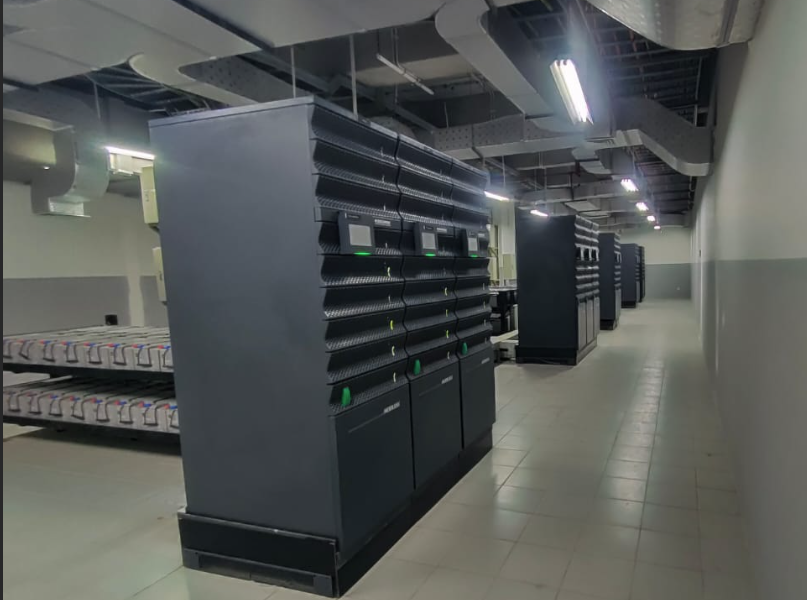The rapid evolution of Indonesia’s digital infrastructure requires data centers to adopt strategies that balance operational efficiency, cost-effectiveness, and sustainability. Total Cost of Ownership (TCO) is a comprehensive framework enabling data centers to optimize resources, reduce risks, and improve decision-making throughout their lifecycle. Advanced facility management (FM) technologies—like modular UPS systems—play a critical role in achieving these goals. As a Distributor Modular UPS Indonesia, Climanusa empowers data centers with innovative solutions to improve uptime, productivity, and cost efficiency.
Understanding Total Cost of Ownership (TCO)
TCO provides a holistic view of a data center’s expenses, from acquisition and development to operation and eventual decommissioning. Instead of focusing solely on initial purchase costs, TCO considers all lifecycle costs, including maintenance, upgrades, and operational risks.
Benefits of Adopting TCO:
- Improved Decision-Making: Data-driven insights enable objective choices, reducing guesswork.
- Enhanced Reliability: Predictive maintenance minimizes risks of downtime.
- Cost Savings: Optimized resource allocation reduces capital and operational expenses.
Advanced Facility Management (FM) Tools for TCO Optimization
1. Modular UPS Systems
Modular UPS (Uninterruptible Power Supply) systems ensure uninterrupted operations while offering scalability and efficiency:
- Flexible Expansion: Easily adapt to growing power needs without overhauling the entire system.
- Energy Efficiency: Minimize power wastage through dynamic load sharing and smart energy management.
2. IoT-Enabled Monitoring
Smart sensors provide real-time data on equipment performance, energy consumption, and environmental factors:
- Predictive Maintenance: Detect anomalies before failures occur.
- Enhanced Cooling Efficiency: Optimize HVAC systems based on real-time heat output.
3. Cloud-Based CMMS (Computerized Maintenance Management System)
A centralized platform integrates asset tracking, work orders, and maintenance schedules:
- Automation: Reduces manual processes, improving staff productivity.
- Data Analytics: Guides capital planning and operational decisions.
Steps for TCO Implementation in Indonesia
- Initial Assessment: Evaluate current infrastructure and identify inefficiencies.
- Integration of Modular UPS Systems: Replace outdated power systems with scalable solutions.
- Training and Tools: Equip staff with knowledge and technologies to manage FM effectively.
- Continuous Monitoring: Leverage data analytics for ongoing optimization.
Benefits for Indonesian Data Centers
- Reduced Operational Costs: Optimized energy usage and lower maintenance expenses.
- Improved Uptime: Reliable power systems and predictive monitoring minimize disruptions.
- Sustainability: Align with Indonesia’s environmental goals through energy-efficient solutions.
Conclusion: Empowering the Future of Data Centers
Adopting the TCO framework and leveraging advanced FM technologies like modular UPS systems transforms data centers into resilient and efficient hubs of digital infrastructure. Climanusa, as a Distributor Modular UPS Indonesia, is committed to providing the tools and expertise needed for Indonesia’s data centers to excel in today’s fast-evolving digital economy.
Climanusa is your trusted partner for innovative modular UPS solutions, driving operational excellence and sustainability in Indonesia’s data centers.
For more information, please click here.
–A.M.G–

